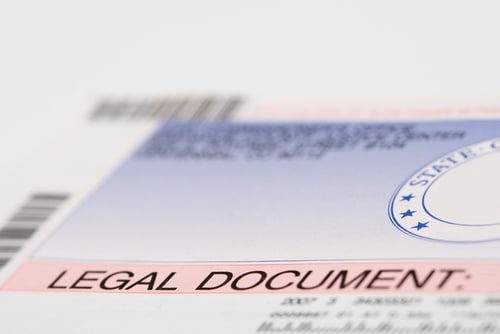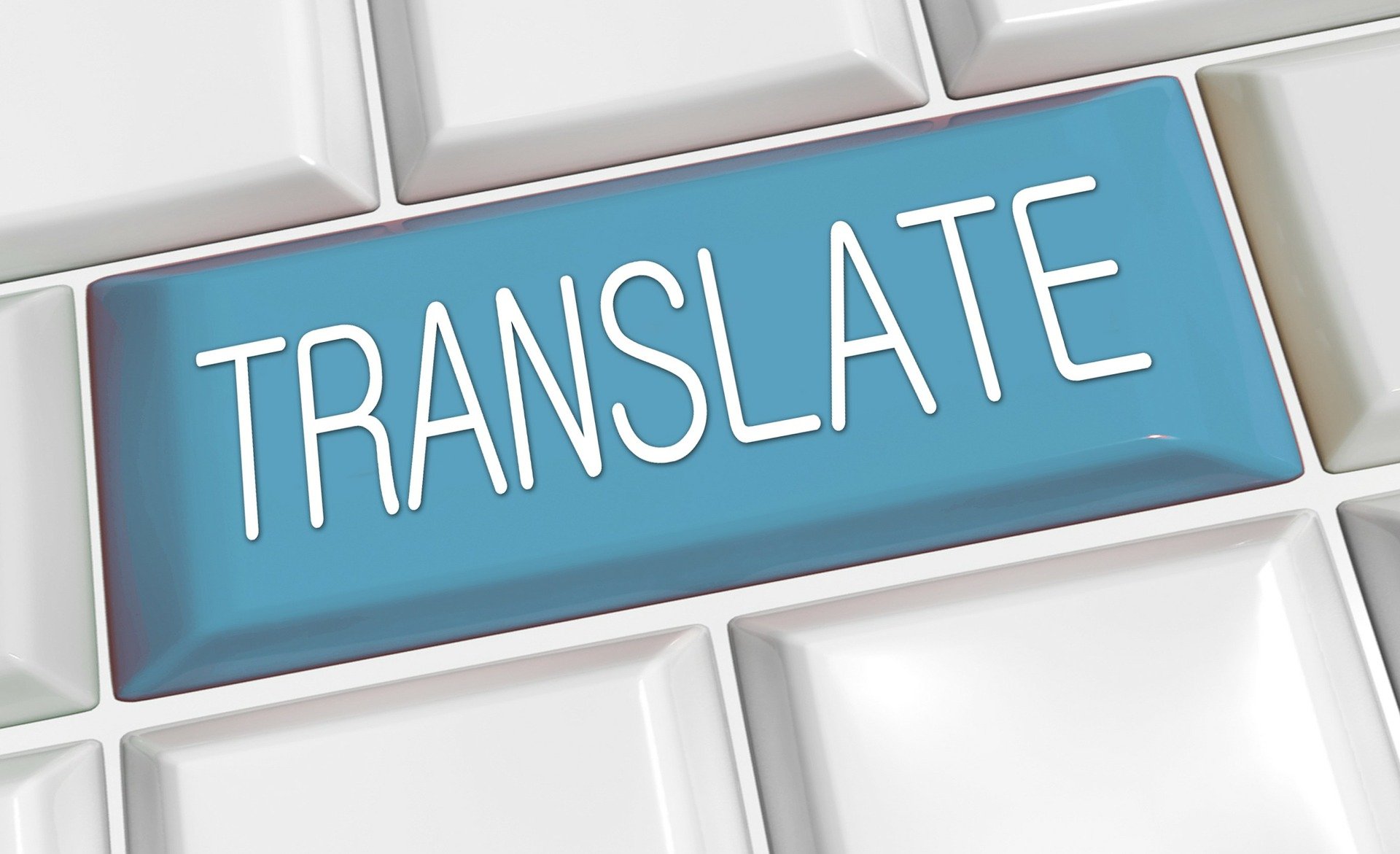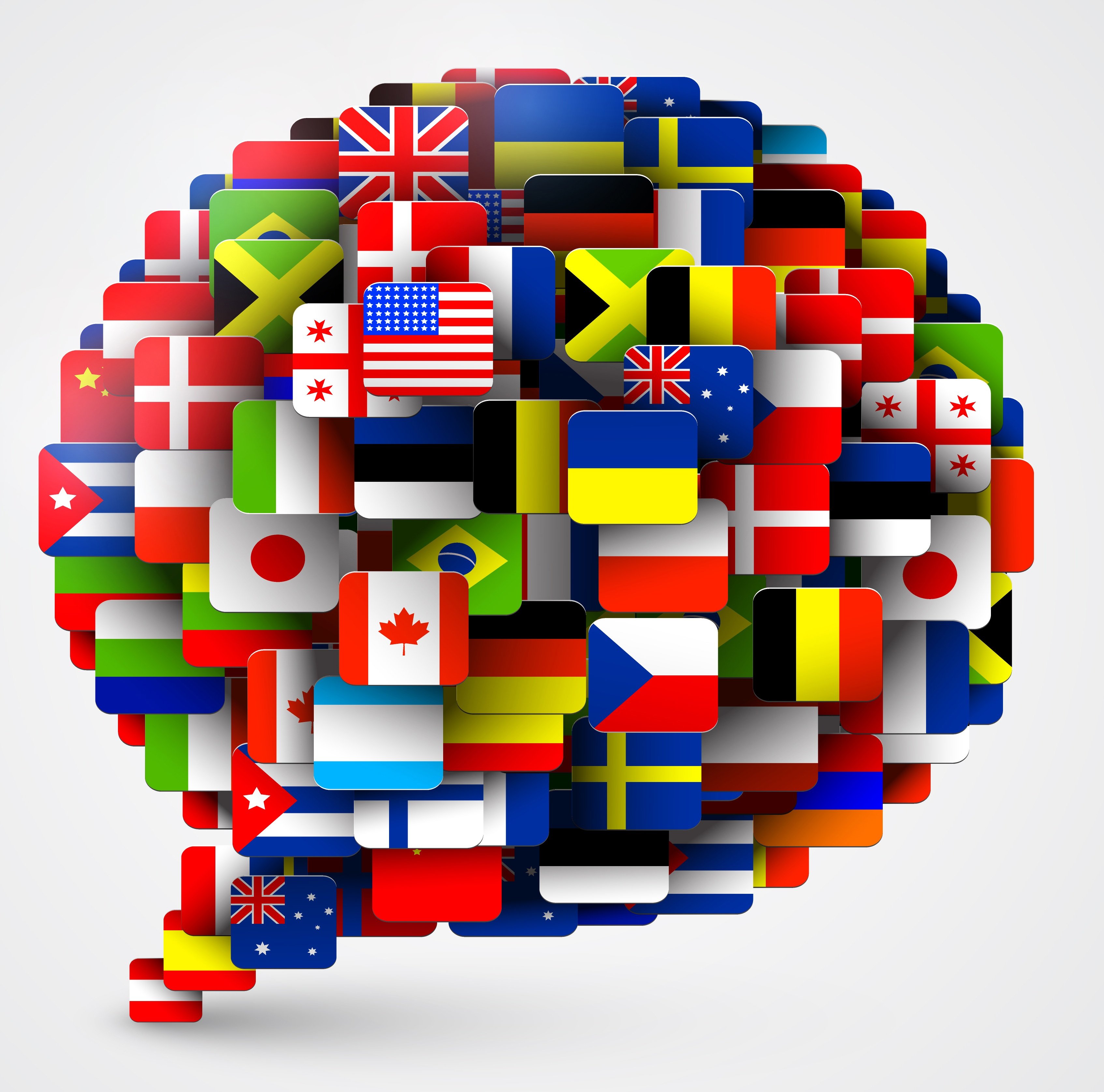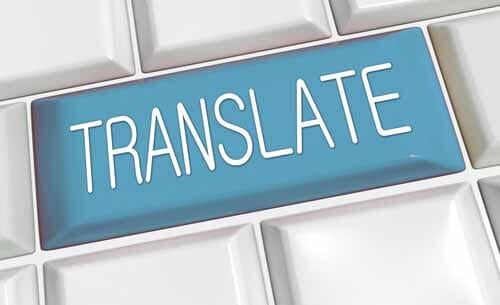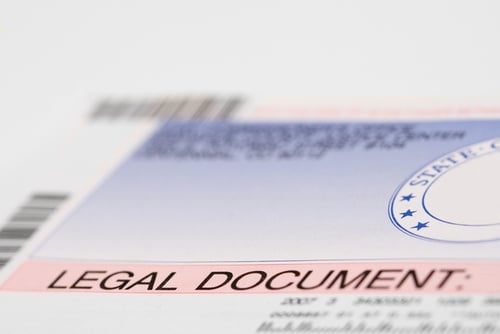Listen to Audio Version:
Pick the Right Legal Translation & Interpretation Company to Avoid Mistakes
Accuracy in legal translation and interpretation is a top priority. Inaccurate translations and interpretations can lead to misunderstandings, lawsuits, problematic international relations, or even catastrophic events. In fact, throughout history it’s not hard to find examples of erroneous legal translation or interpretation that led to disastrous outcomes. Arguably no one is immune – contract attorneys, international conglomerates, and heads of state alike have faced the consequences of messages lost in translation.
When it comes to global business, choosing a high-quality, experienced language services company you can trust means avoiding the costs and embarrassment that stem from miscommunication around legal matters.
Badly Translated Treaty
In 1840, the Maori tribe in New Zealand signed the Treaty of Waitangi with the British government, but the treaty signed by each party was not the same due to a bad translation. As written by the British government, the document stated that the Maori were to “cede to Her Majesty the Queen of England absolutely and without reservation all the rights and powers of Sovereignty.” Translated by a British missionary, the version signed by the Maori stated that the British would provide governance, or a legal system, to the Maori but that the Maori would continue to rule themselves and would not be giving up sovereignty to Britain. The effect of this translation error has resulted in continued disagreement and negotiations many years and generations later.
Substandard Interpretation During Trial
Witness testimony during trial can make or break a case. The words a witness uses are significant, so even the slightest change can alter the meaning or feeling that witness intends to convey. When a witness speaks a different language, courts must employ interpreters, adding another layer of complexity. Court interpreters must be trained, first and foremost, to deliver complete and accurate information without paraphrasing, gestures, or added emotion, so as not to change the meaning or intent of a witness’s statement. Situations can be quite nuanced; for example, a witness saying someone was “very emotional,” when interpreted as simply “emotional,” may not change the meaning of the testimony but does affect the intensity of the statement, which could in turn influence the verdict.
In 2014 in South Africa, the trial of former Olympian Oscar Pistorius was plagued by inaccurate interpretation of Afrikaans-speaking witnesses. Pistorius was accused of the murder of his girlfriend, model Reeva Steenkamp. In South Africa, an accused has the right to be tried in their native language; Pistorius speaks English as a first language, so the trial was conducted in English. Several key witnesses spoke Afrikaans as their native language, so the court appointed interpreters for these witnesses.
The interpreters proved so poor and inaccurate that both the witnesses and the lawyers had to stop for numerous corrections. Several of the witnesses were so frustrated by the inaccuracies that they started testifying in English midway through their testimony so that their words would not be misconstrued, adding yet another layer of complexity – when testifying in a non-native language, speakers often struggle to find the just-right word, or just use a similar word that comes to mind, and this can change the feeling and intent of their testimony.
In the end, it’s impossible to say how much – and in what way – the substandard interpreting influenced the verdict, but it was resoundingly clear that the trial had a negative impact on the reputation of the court system and every court interpreter in the country.
Most US states support access to language services, requiring strict training and certification requirements for all court interpreters. Standards and procedures manuals describe in detail everything expected from a legal interpreter, from demeanor and codes of conduct to protocols for dealing with unfamiliar vocabulary, speech patterns, and idioms, to physical positioning within the legal office or courtroom.
Bad Contract Translations Lead to Disputes
Many companies today are looking to do business with companies in the APAC region. Working with companies across borders makes it especially imperative that contracts read the same in both languages, otherwise there will be confusion, disagreements, and delays. The Shanghai Maritime Court attributes nearly 5% of all contract disputes to substandard legal translation, and that number accounts only for cases involving navigation law.
Common issues include disagreements over which party is responsible for what duties, and how profits are dispersed. In a 2011 dispute between a Chinese company and several foreign parties, the English word “drydocking” translated to “tank washing” and the phrase “[e]xcept fuel used for domestic service” was translated as “[e]xcept fuel used for domestic flights,” two very different meanings that resulted in contention, loss of profits, and added cost to have the translation remediated. In addition, the public nature of the dispute put the municipality’s status as an “international metropolis and shipping center” in jeopardy.
Possibly the Worst Translation Mistake in History
The US National Security Agency (NSA) recently declassified documents from WWII that illustrate how a single mistranslated word may have led to the dropping of the atomic bomb on Hiroshima. In 1945, the US and its Allies sent a strongly worded missive to the Japanese Prime Minister, Kantaro Suzuki, calling for Japan’s surrender. In the following days, reporters pressed Prime Minister Suzuki for Japan’s decision; in response, the Prime Minister said simply: “Mokusatsu.”
“Mokusatsu,” derived from the Japanese word for “silence,” can be translated in different ways. According to reports, the Prime Minister meant to convey that he had “no comment,” or was “refrain[ing] from comment” at that time; however, multiple foreign translations attributed harsher meaning to the word, maintaining that the Prime Minister considered the ultimatum “not worthy of comment,” or “something to be ignored.” One outlet even translated the word as “silent contempt.” Just 10 days later the bomb dropped on Hiroshima, killing 70,000 instantaneously, thereafter taking untold more lives due to after-effects and radiation.
Lest history repeat itself, always look for the “faithful echo,” whether in a translated document or interpreted personal interaction. Experienced agencies will always provide editing and review of all documents, either internally or via an independent reviewer, to certify that translations are accurate and convey the correct message, as well as “matchmake” to find an industry-specific translator or interpreter who works best for your needs. Qualified agencies keep the lines of communication open for each project, throughout the lifetime of the client/agency relationship, so translators and interpreters can confidently clarify for meaning at the source, and interpreter/client relationships can be continually nurtured and monitored. Here at Rapport International, we also guarantee our translations 100%.
Rapport International specializes in multilingual communications, providing language translation and interpretation services that are accurate and culturally appropriate. We use the right voice and the correct terminology to avoid liability, customize services to your needs, and deliver on time and within your budget. With our 100% satisfaction guarantee, you can trust that it’s done right. Contact us today if you would like more information or to get a free quote.
Popular Posts
Popular industry news, interviews, technologies, and resources.




